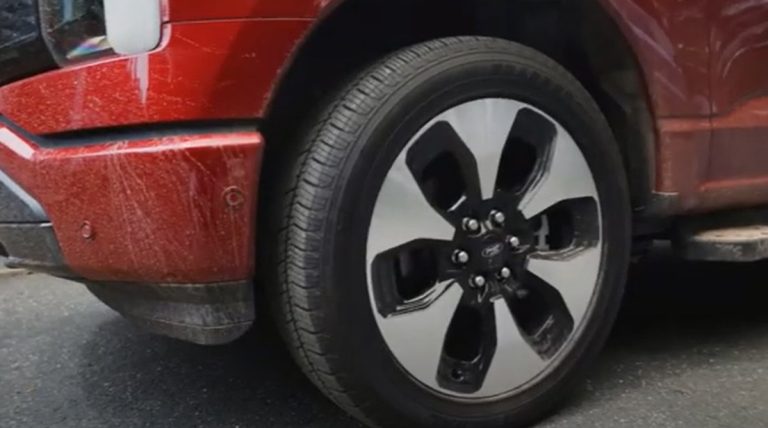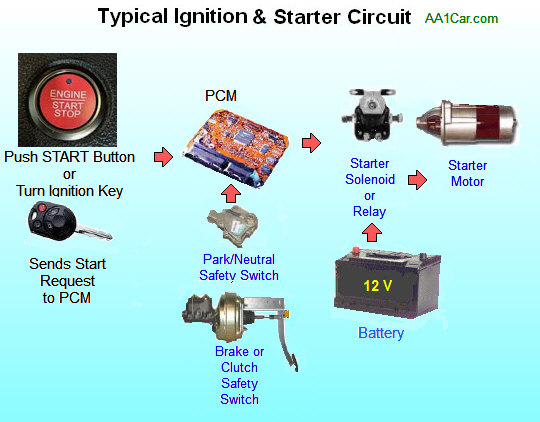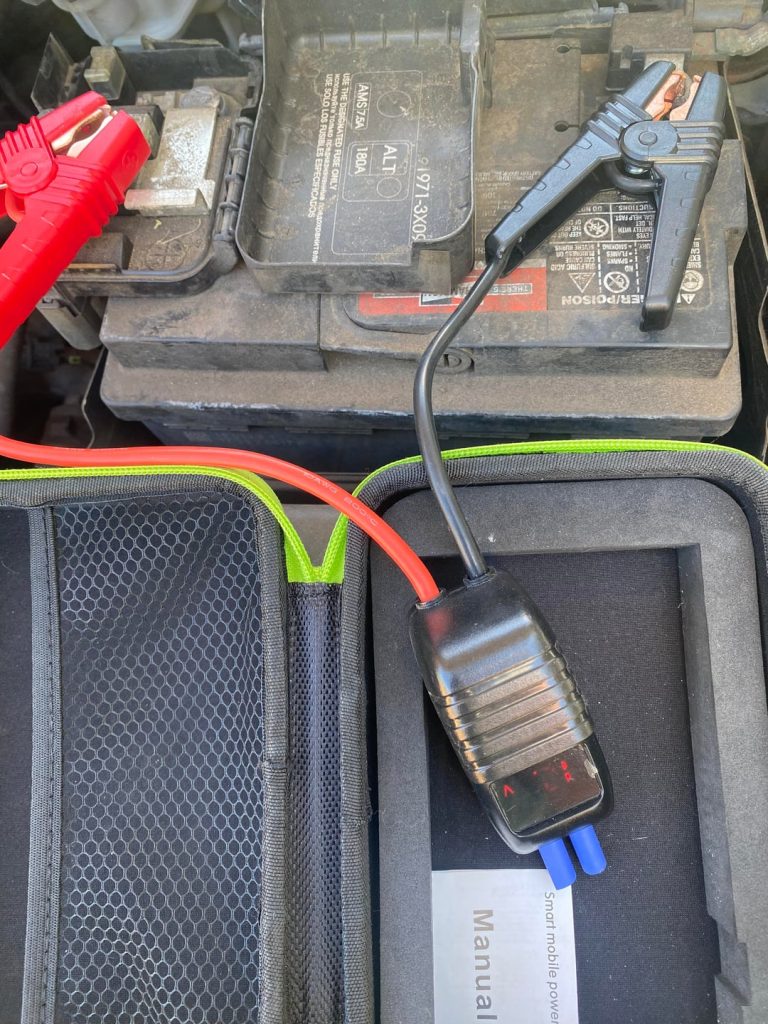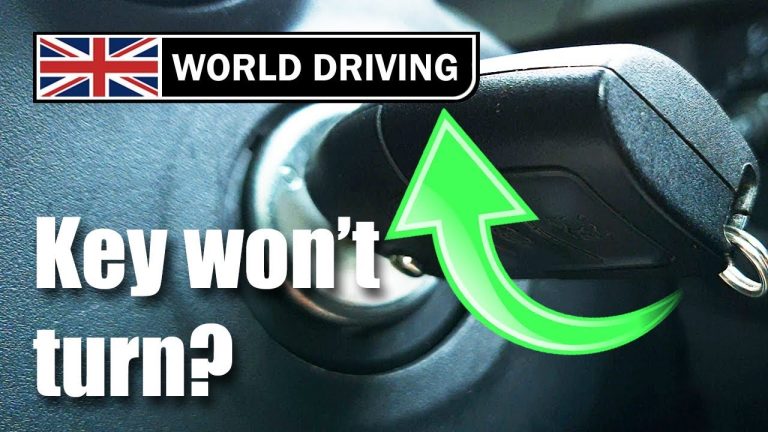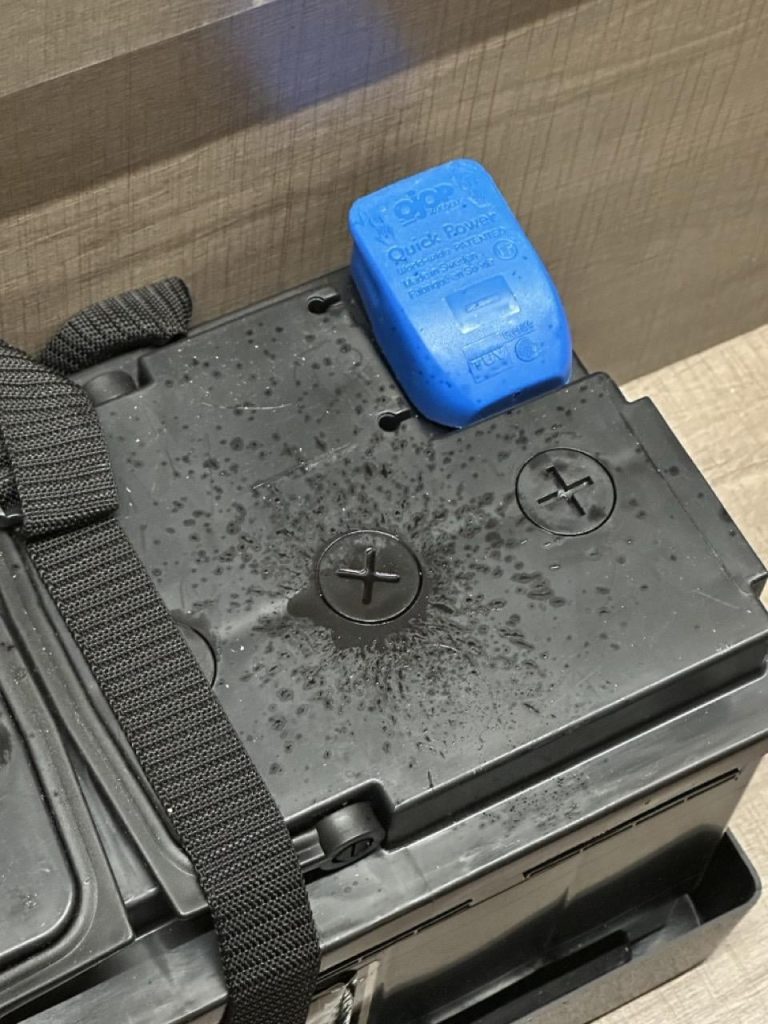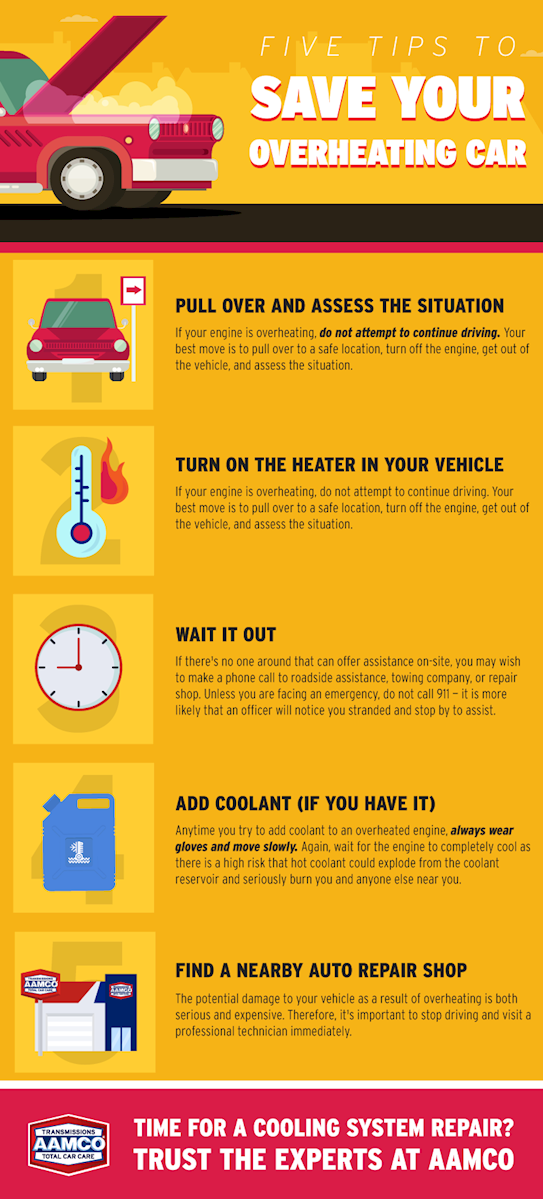Car Makes Whirring Noise But Won’t Start: Quick Fix Tips
A car that makes a whirring noise but won’t start often indicates a faulty starter motor, a damaged flywheel, or a failed fuel pump. It could also be due to a drained battery or broken timing belt. A proper diagnostic is needed to identify the exact cause.
But what happens when you turn the key, and instead of the engine roaring to life, you hear a strange whirring noise, and your car refuses to start? Frustration and worry set in as you try to figure out what’s going on.
You’re not alone in this predicament. Many car owners have faced this puzzling situation. The good news is, understanding the possible reasons behind that whirring noise can help you get back on the road faster. We’ll break down the common causes of this issue in simple terms, so you can take the right steps to fix it. Your peace of mind and your car’s performance are just a few scrolls away. Let’s dive in and unravel the mystery together.
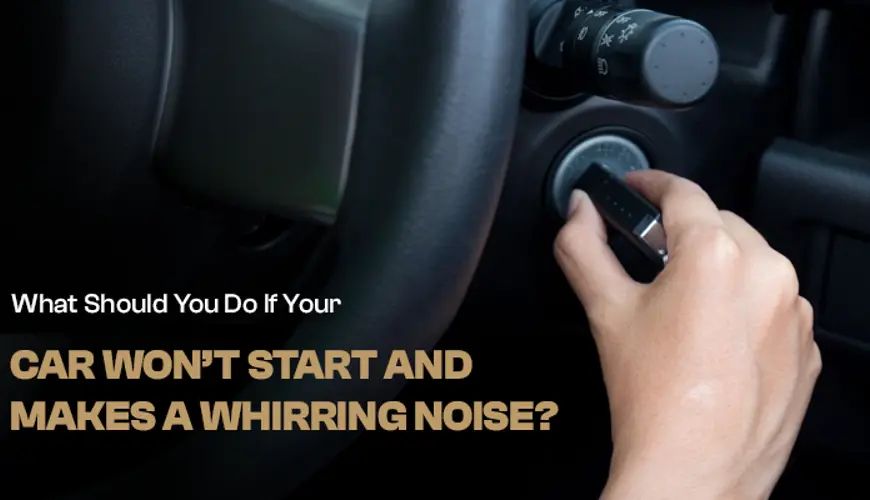
Credit: www.bcsprestige.com.au
Car Makes Whirring Noise But Won’t Start
A car that makes a whirring noise but won’t start often has a faulty starter motor, broken timing belt, or issues with the ignition system or battery.
Common Causes Of Whirring Noise
A whirring noise in cars often signals issues like a faulty starter motor or weak battery. Such noises can also arise from problems with the alternator or ignition system. Identifying these causes early can prevent further complications and ensure a smoother start.
Read more: Hyundai Sonata Won’t Start Clicking Noise: Quick Fixes
When your car makes a whirring noise but won’t start, it can be a perplexing and frustrating situation. Understanding the common causes of this issue can save you time and stress. Whether you’re a seasoned car owner or new to vehicle maintenance, it’s helpful to know what might be happening under the hood when you hear that whirring sound.
Battery Issues
A weak or dead battery is one of the most common culprits. When the battery doesn’t have enough power, it can cause the starter motor to make a whirring noise. Check if your lights or electronics work—if not, your battery might need a jumpstart or replacement.
Starter Motor Problems
A faulty starter motor can also produce a whirring sound. It might spin without engaging the engine’s flywheel. If you hear a high-pitched whir, it could mean the starter is failing and needs checking by a professional.
Alternator Malfunction
The alternator charges your battery while the engine runs. If it’s not functioning correctly, the battery can drain, causing starting issues and strange noises. Listen for a whirring or whining sound while the engine is running, which might indicate alternator trouble.
Fuel System Failures
An inadequate fuel supply can prevent the car from starting. A clogged fuel filter or a failing fuel pump may cause a whirring sound. Regular maintenance of the fuel system is crucial to avoid such issues.
Timing Belt Troubles
The timing belt synchronizes the engine’s functions. If it’s worn or broken, the engine may not start, and you might hear a whirring noise. Inspecting and replacing the timing belt at the recommended intervals can prevent this.
What Should You Do?
After hearing the whirring noise, take a moment to consider your options. Is it time to call a mechanic, or can you troubleshoot the problem? Understanding these common causes empowers you to make informed decisions. Don’t let a mysterious noise ruin your day—address the problem head-on. Have you ever faced a similar issue with your car? How did you handle it? Share your experience in the comments below. Your story might just help another driver in need!
Read more: Clicking Noise When I Try to Start Car: Troubleshooting Guide
Battery Issues And Solutions
A car making a whirring noise but refusing to start often signals battery issues. Dead batteries might need charging or replacement. Check connections and clean terminals to ensure smooth operation.
When your car makes a whirring noise but won’t start, a common culprit is the battery. Understanding battery issues and how to resolve them can save you time and frustration. Let’s dive into some practical solutions to get your car up and running again.
Understanding Battery Drain
Batteries can drain for various reasons. Maybe you left the headlights on overnight, or the interior lights didn’t turn off when you locked the car. A faulty alternator can also fail to recharge the battery while driving. Regularly check if any lights or electrical components are left on when the car is parked. This simple habit can prevent unexpected battery drain.
Jump-starting Your Car
A quick fix for a dead battery is jump-starting your car. You’ll need jumper cables and a second vehicle with a charged battery. Connect the cables properly: red to red (positive) and black to black (negative). Start the working car, then your car. If your car starts, let it run for a while to charge the battery.
Checking Battery Health
It’s crucial to know the health of your battery. Use a multimeter to check the voltage. A healthy battery should read around 12.6 volts or more. If the reading is below 12 volts, consider replacing the battery. Most auto shops can test your battery for free. Take advantage of this service to ensure your battery is in good condition.
Regular Maintenance
Regularly inspecting the battery can prevent issues. Look for corrosion on the battery terminals, which can hinder the flow of electricity. Clean them with a mixture of baking soda and water using an old toothbrush. Ensure the battery is securely mounted to prevent movement that could damage it. Regular maintenance can extend the life of your battery.
When To Replace Your Battery
Batteries don’t last forever. Typically, they last between three to five years. If your battery is nearing this age, consider replacing it before it fails. Monitor your car’s starting performance. If it struggles to start or needs frequent jump-starts, it’s time for a new battery. Are you noticing any signs of battery failure in your car? Addressing these issues promptly can save you from being stranded. Taking proactive steps not only ensures your car starts but also extends the lifespan of your battery.
Starter Motor Troubleshooting
A car making a whirring noise but not starting often points to starter motor issues. Check for loose connections or a weak battery. Listen for clicking sounds, which might indicate a faulty solenoid.
When your car makes a whirring noise but won’t start, the starter motor is often the culprit. Troubleshooting the starter motor can save you time and money. By understanding common issues, you can determine whether a simple fix will do or if it’s time to consult a professional.
Check The Battery Connection
A loose or corroded battery connection can prevent the starter motor from functioning properly. Start by inspecting the battery terminals. Are they tightly connected? Are they clean and free from corrosion? A simple cleaning with a wire brush can make all the difference.
Listen For Clicking Sounds
Turn the key in the ignition and listen closely. A clicking sound indicates a problem with the starter motor’s solenoid. This component is responsible for engaging the motor. If you hear clicking but the engine doesn’t turn over, it might be time to replace the solenoid.
Test The Starter Motor
You can test the starter motor with a multimeter. Measure the voltage while turning the key. If the voltage is low, the motor may be defective. Testing it yourself can save you from unnecessary repairs. Have you ever been surprised by how a small tool can diagnose big problems?
Inspect The Starter Relay
The starter relay sends power from the battery to the starter motor. If your car doesn’t start, the relay might be at fault. Checking its condition is straightforward. Look for burnt contacts or signs of wear and replace if necessary.
Look For Worn-out Parts
Starter motors have moving parts that can wear out over time. Bearings, brushes, and gears can deteriorate, causing the motor to fail. If your car has high mileage, consider these components. Could replacing a few parts restore your car’s ability to start? Troubleshooting your starter motor can be an empowering experience. Have you ever fixed a problem you thought was beyond your skills? By addressing these issues, you might just become your own car whisperer, saving both time and money.
Alternator Problems And Fixes
Experiencing a whirring noise when your car won’t start can be frustrating. One possible culprit is the alternator. This component is crucial for your car’s electrical system. A faulty alternator can prevent the car from starting. It might also cause a whirring sound. Understanding the signs and solutions can save you time and trouble.
Signs Of Alternator Problems
Recognizing alternator issues early can prevent bigger problems. Look for dimming headlights. This could be an early sign. Battery warning lights on the dashboard might illuminate. Listen for unusual sounds like whining or grinding. These noises often indicate alternator trouble.
Causes Of Alternator Failure
Several factors can lead to alternator failure. Wear and tear from long-term use is common. Belt tension issues can also cause problems. If the belt is loose, the alternator won’t charge the battery efficiently. Electrical overload can damage the alternator. Ensure all electrical components are functioning properly.
Testing Your Alternator
Testing the alternator can confirm if it’s faulty. Use a multimeter to check voltage output. The reading should be between 13.5 to 14.5 volts. Lower readings indicate a problem. A professional mechanic can perform more detailed tests.
Fixing Alternator Issues
Fixing alternator problems often involves replacement. Replacing a faulty alternator can restore your car’s performance. Ensure the replacement alternator matches your vehicle’s specifications. Regular maintenance can prevent future issues. Check belts and connections frequently. Consider professional help for complex repairs.
Preventive Measures
Routine checks can prevent alternator problems. Inspect the electrical system regularly. Keep the battery in good condition. Clean and secure battery connections. Monitor the belt for wear. Replace it if necessary. These steps can extend your alternator’s lifespan.
Quick Diy Fixes
Facing a whirring noise but your car won’t start? This issue often points to a faulty starter motor. Try tapping the starter gently with a wrench to see if it helps. Check battery connections too. Loose or corroded terminals can prevent starting.
Simple checks can save time and stress.
If your car makes a whirring noise but won’t start, you might feel a wave of frustration. Before calling for professional help, there are some quick DIY fixes you can try. These solutions are straightforward, cost-effective, and might just get your vehicle running again.
Check The Battery Connections
The battery is often the culprit behind starting issues. Open the hood and inspect the battery terminals. Are they loose or corroded? If yes, tighten them gently and use a wire brush to clean any corrosion. A clean, tight connection ensures the battery can send power to the starter.
Test The Battery Voltage
Do you own a multimeter? If so, use it to test your battery’s voltage. A healthy battery should read around 12.6 volts. Anything lower might mean your battery is drained. Charging the battery or jump-starting the car could be the answer. Remember to turn off all electrical components before testing.
Inspect The Starter Motor
A whirring noise often indicates a starter motor issue. If you’re comfortable getting under your car, locate the starter motor and check for any obvious damage or disconnections. Sometimes, giving the starter a gentle tap with a tool can help free up a stuck gear. This temporary solution might let you start the car and drive it to a mechanic.
Evaluate The Alternator
Does your car make strange noises when it finally starts? Your alternator might be failing. After starting the car, disconnect the negative battery terminal. If the car stalls, it’s likely the alternator isn’t charging the battery. Replacing or repairing it might solve your problem.
Fuel System Check
No fuel, no start. Listen for the hum of the fuel pump when you turn the key to the “on” position. If silent, the pump could be faulty. Another quick check is to ensure there’s enough fuel in the tank. It sounds simple, but it’s easy to overlook.
Consider The Ignition Switch
Sometimes, the ignition switch can wear out. Insert and turn the key while wiggling it gently. Does the car respond? If yes, your ignition switch might be the problem. While not a permanent fix, this trick can help you start your car temporarily. Trying these DIY fixes can save you time and money. Have you ever faced a similar issue? How did you solve it? Share your experiences and any additional tips that might help others in the comments below.
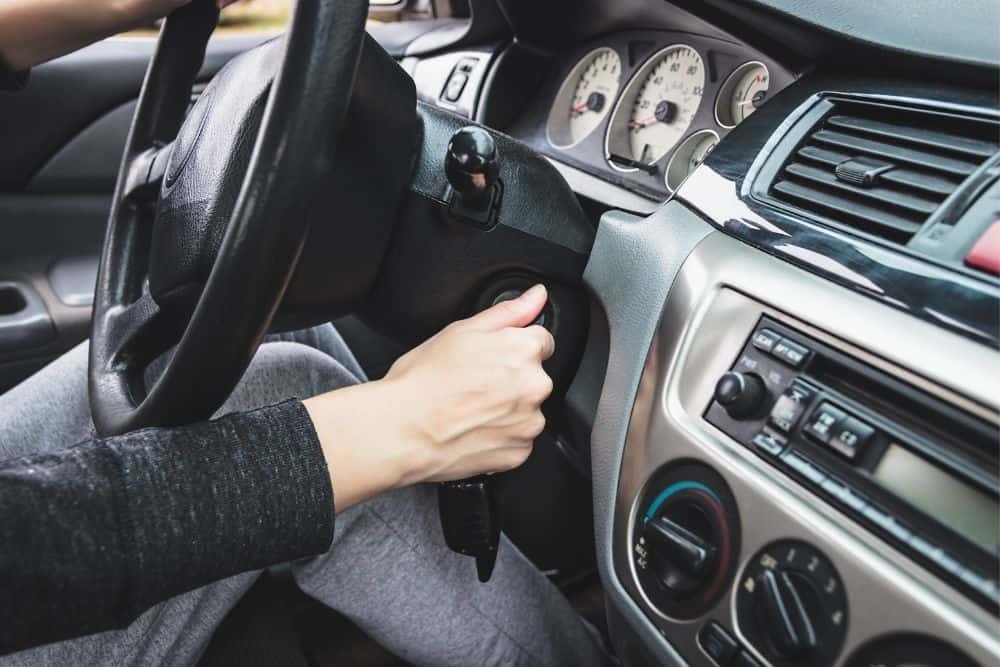
Credit: primarycareauto.com

Credit: www.youtube.com
Frequently Asked Questions
Why Is My Car Whirring But Not Starting?
Your car might whir due to a faulty starter, dead battery, or ignition system issue. Check the battery charge and connections. Inspect the starter motor and ignition switch. Seek professional help for a thorough diagnosis if necessary. Regular maintenance can prevent such problems.
Will A Bad Starter Make A Whining Noise?
A bad starter can cause a whining noise during ignition. This sound may indicate electrical or mechanical issues. Check connections, battery, and starter components for faults. Addressing these problems promptly can prevent further damage. Regular maintenance ensures reliable vehicle performance.
What Does It Sound Like If A Starter Goes Out?
A failing starter often produces a clicking or grinding noise. You might also hear a whirring sound. This indicates the starter isn’t engaging properly. Addressing it promptly can prevent further damage to your vehicle.
- A whirring noise without starting often indicates a faulty starter motor or solenoid.
- It can also mean the engine isn’t engaging due to a bad flywheel or starter gear.
- Low battery power or poor electrical connections might cause the starter to spin without cranking the engine.
Conclusion
A car that whirrs but won’t start can be frustrating. Regular maintenance can prevent many issues. Always check battery and fuel levels first. Listen to the noises your car makes. They often give important clues. Consult a mechanic if you’re unsure.
Ignoring small problems might lead to bigger ones. Keep your vehicle in good condition. It ensures safety and reliability. Stay informed about common car issues. Knowledge helps in making better decisions. Remember, a well-maintained car lasts longer and performs better.


